Honesty and transparency: PR’s ethical future

In the fluctuating industry of public relations (PR), ethical practices establish crucial trust, credibility, and sincerity. It is essential that PR professionals disperse accurate, transparent, and honest information to the public, media, and all associated parties. This not only builds a solid professional reputation, but also maintains the standing of the represented organization.
As we look forward to 2024, the emphasis on honest and accurate data provision becomes more significant. In an era ripe with rapid misinformation, maintaining transparent relationships is key. PR specialists, apart from maintaining the company’s image, play a vital role in promoting clarity and trust against false narratives. PR strategies are thus expected to evolve, prioritizing clear communication and authenticity above all.
Comprising ethical behavior aspects, PR ethics foster trust and credibility. This means strictly adhering to norms such as honesty, accuracy, respect, fairness, transparency, and loyalty. Upholding these ethical standards boosts the public’s trust in PR and the reputation of PR professionals. Balancing the interests of all parties is vital for ethical conduct in the industry.
Transparency is crucial to enhancing credibility and trust within all stakeholders.
Shaping the future of PR with ethical transparency
This not only removes possible misunderstandings and conflicts, but also leads to coordinated efficiency and productivity. A transparent process invites accountability, a key element in successful management and collaboration.
Ethics in PR also extend to nurturing enduring, honest relationships with the media. This involves providing accurate information, avoiding manipulative tactics, and ensuring fair representation. Being timely responsive to media inquiries strengthens the relationship and keeps the lines of communication open.
Lastly, the significant role of ethics in crisis communication focuses on transparency, honesty, and accountability. Ethical crisis communication can contribute substantially to the post-crisis recovery process by restoring public confidence and upholding the organization’s credibility. It also fosters resilience, organizational learning, and improvement.
Amidst contemporary communication landscapes, major ethical dilemmas challenge PR professionals. The commitment to ethical conduct protects credibility and builds trust with the public, clients, and other stakeholders. In an era prone to misinformation, being consistently honest positions PR professionals as reliable sources of information. This consistency, transparency, and accountability creates a solid reputation that can weather any crisis.

